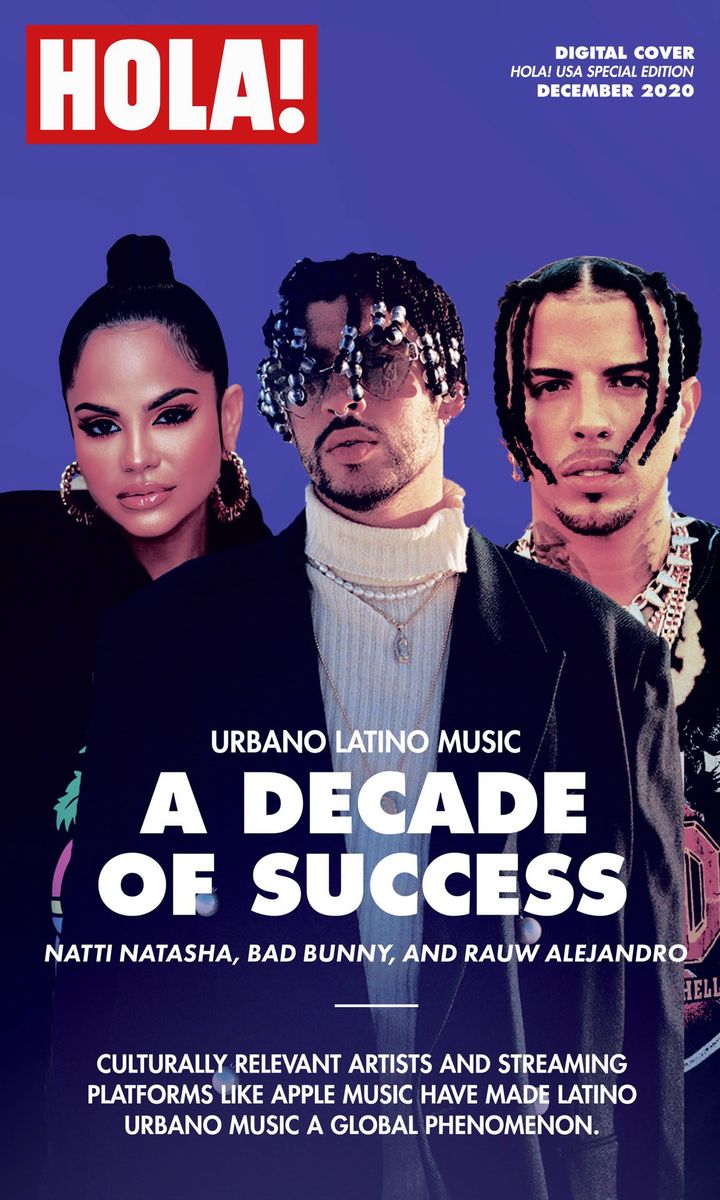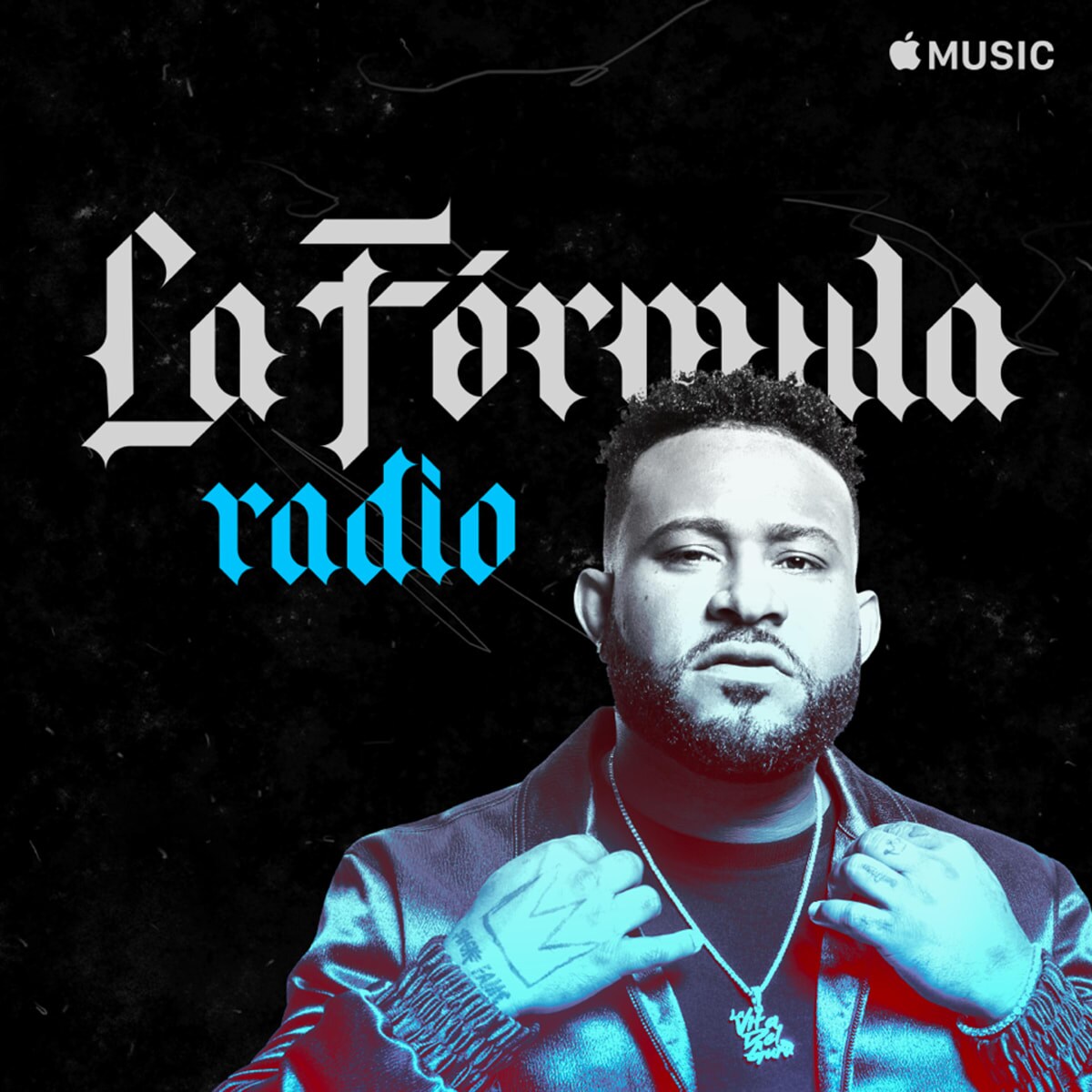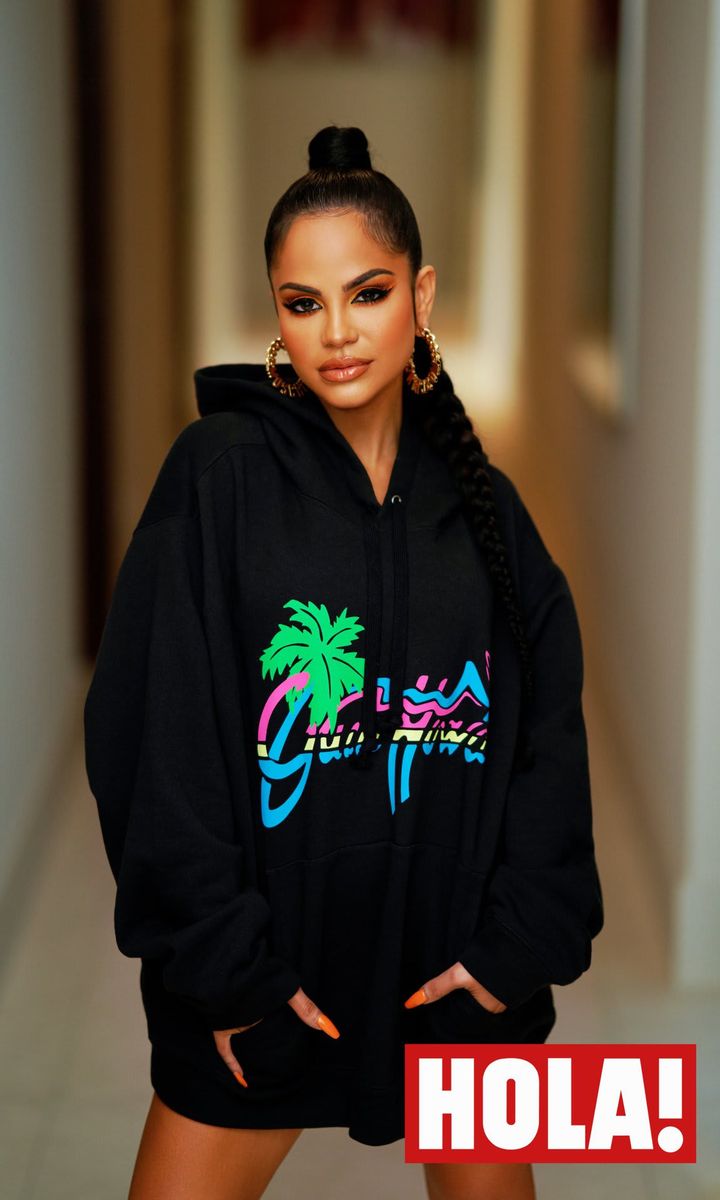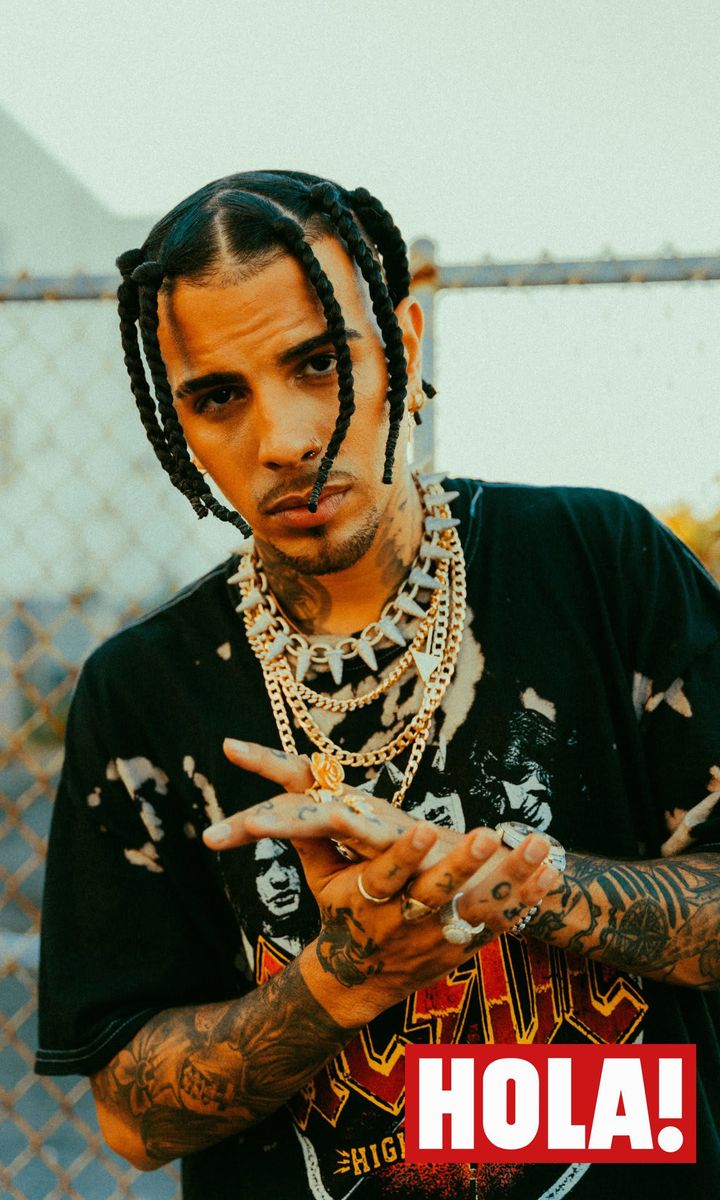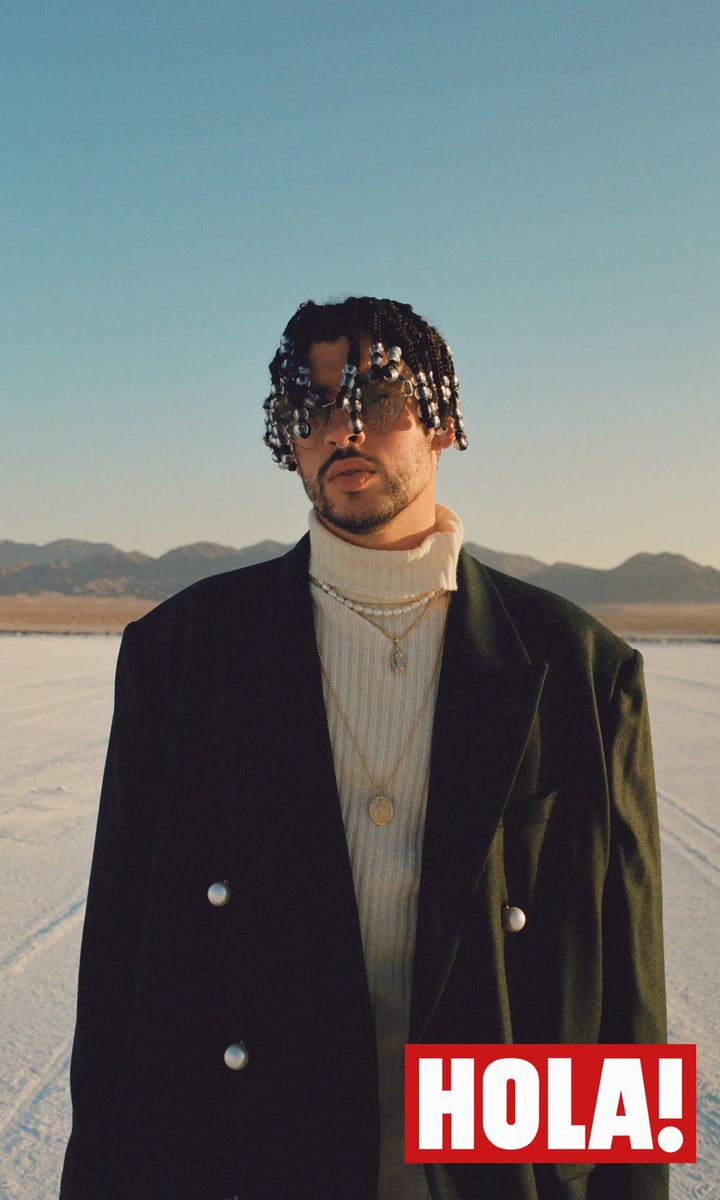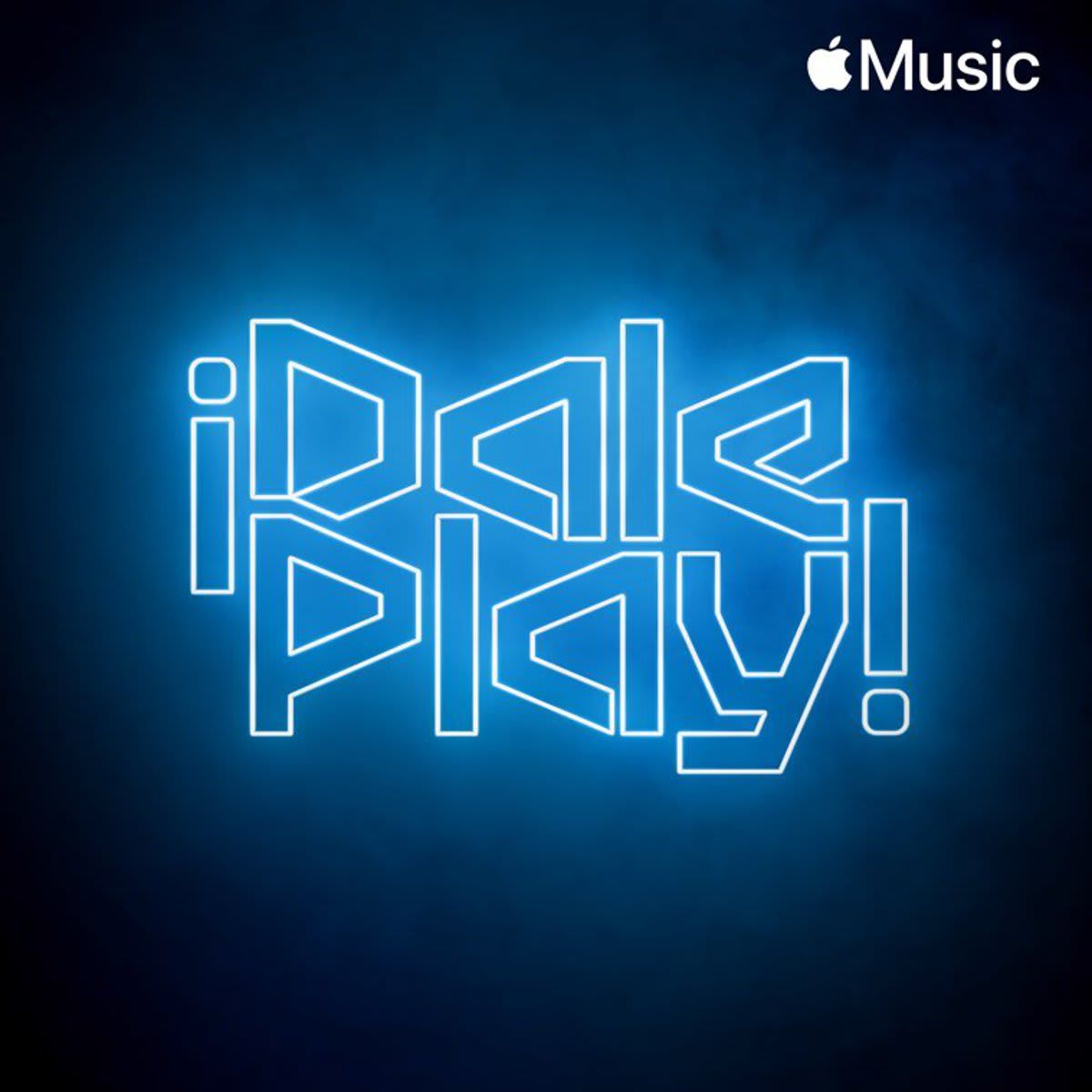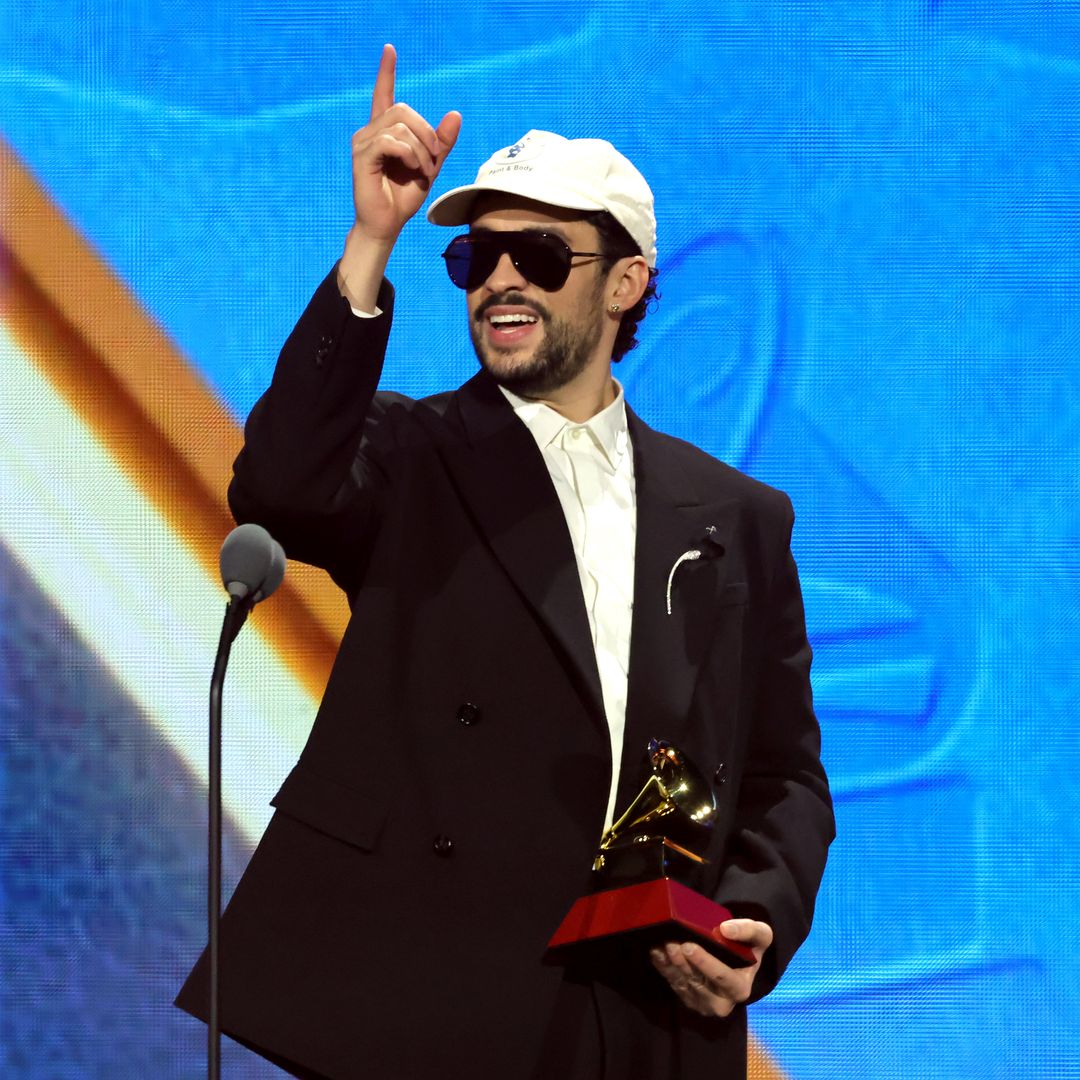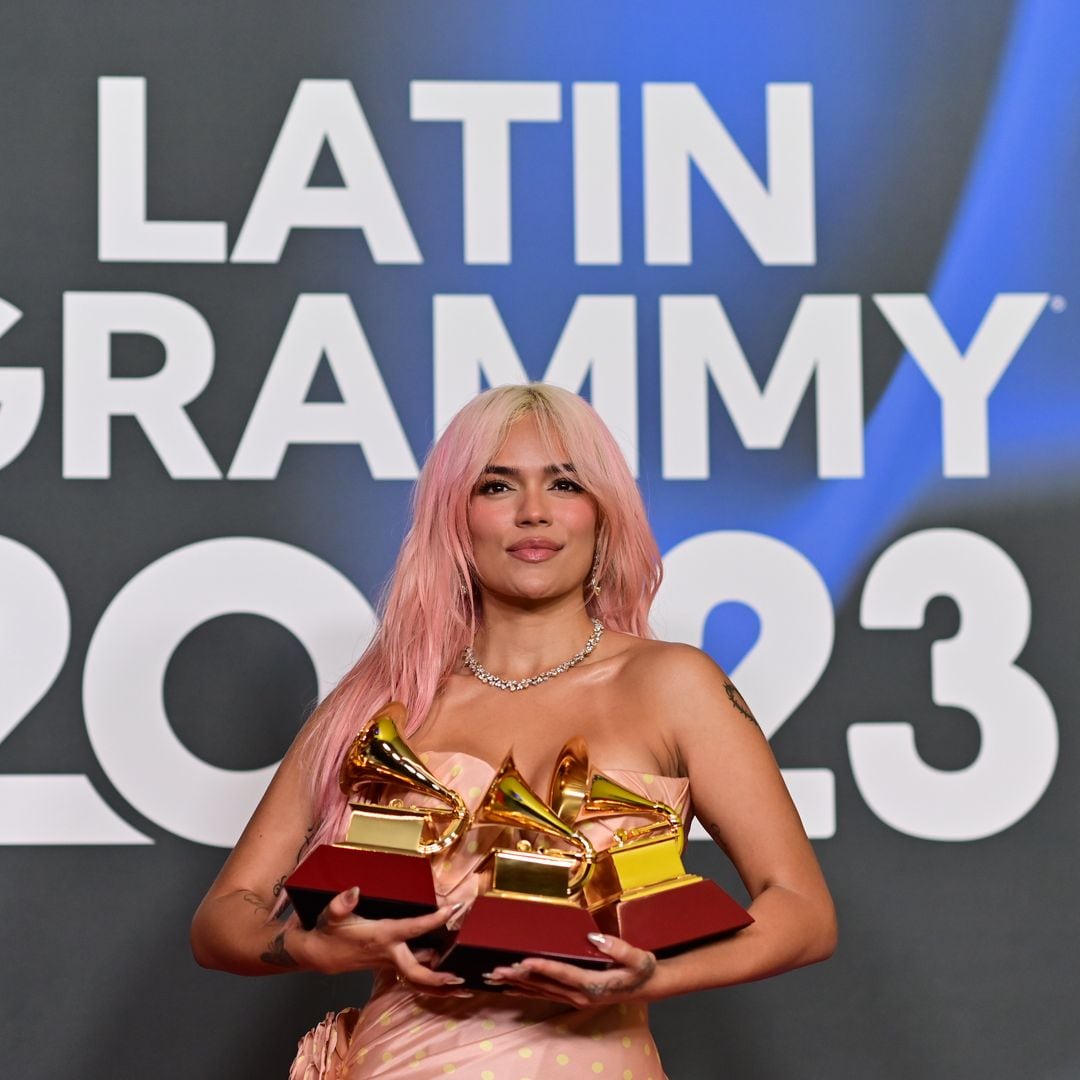As 2020 comes to an end, we reflect on how this strenuous year will undoubtedly be remembered in the history of humanity. Beyond the difficulties of this year, we want to highlight some positive outcomes, one of them being the musical phenomena of the past decade.
When we analyze the past ten years of the entertainment industry, and consider the contributions made by Latino artists, the urban music movement continues to have global implications. From 2010 to 2020, a new generation of the urbano movement came to fruition, blending with the already established artists from previous years. This, once again, became a landmark in commercial music with unprecedented results.
The urbano Latino movement that began in the streets, and was even forbidden for some, has a presence of great magnitude not only in the English-speaking market but worldwide. The urbano Latino music scene has their supporters and detractors, like everything that is successful, but the reality is clear: urbano Latino music is more established than ever. For this reason, we have titled our digital cover ‘The Success of the Decade’ by presenting three current musical references on our end of the year cover.
Without lessening the great work that other artists of the urbano Latino genre have done and continue to do, our cover features: Bad Bunny , Natti Natasha and Rauw Alejandro. These three artists help keep urbano Latino music accessible on the global stage.
HOLA! USA brought together an important group of artists, executives and leaders in the urbano Latino genre to tell us more about the music in what we have called an overwhelming success.
We spoke with executives from the streaming platform Apple Music, Jennifer D’Cunha, Global Head of Latin Music and Jerry Pulles, Latin Music Programmer of Apple Music. D’Cunha and Pulles talked about why urbano Latino music is currently the most desirable genre in the industry, the influence it exerts globally, how the projection of a rhythmic school has indefinitely come to stay and the continuous evolution of the music thanks to the ongoing cultivation of new talent.
Finally, Ángel “El Guru” Vera host of ‘La Fórmula Radio with El Guru’ on Apple Music, gives us a historical purview of urbano Latino music. Known as the “Latin urban tastemaker” El Guru features artists who are at the forefront of the genre.
Enjoy this very special end of the year cover!
UNDERSTANDING THE URBANO LATINO GENRE
The fascinating popularity of urbano Latino music, that has ramped up in the last decade, would not have been possible without the support and exposure that artists have gotten from different platforms. ‘El Guru’ is one of those voices, tirelessly supporting the amplification of reggaeton with his program ‘La Formula Radio.’ He himself helps us understand how urbano Latino music has evolved from this genre.
“Reggaeton music started in Carolina, Puerto Rico. Carolina is like the Bronx in New York, where hip-hop began. Well, reggaeton started in Carolina, which is where I come from. In 2007, me and my brother started singing because there came a time when everyone wanted to be like Daddy Yankee. Nobody wanted to play any sports anymore. Everybody wanted to be like Daddy Yankee. Even artists like J Balvin, who is now one of the greatest in Colombia, also wanted to be like Daddy Yankee,” he explains.
“It was in 2012 that I started ‘Rapetón,’ which in the beginning I created to promote our music. Then I heard a lot of artists doing what we were doing and a lot of singers wanted a chance to perform with us. Among them were Bad Bunny, Ozuna, Anuel, Bryant Myers, Almighty. The new generation started in Rapetón,” he points out.
Those emerging singers revolutionized everything in various aspects: in names, clothing, music, etc. “You have to be in business because you make a lot of money. It‘s the reality. Now you see how Ozuna receives 100 million dollars for a contract with Sony. At that time, artists like Daddy Yankee had to carry the cross ... at that moment, if you listened to reggaeton, you could get imprisoned,” he confesses. Despite his unconditional support for the old and new guard of urbano Latino music, “El Guru” believes that there is one artist who has managed to set the bar very high for future generations.
“I think the key figure for me is Bad Bunny. All eyes were on him because he was doing what a rapper is not supposed to do. He became that kid who did what he really wanted. If you give me the choice of the artist of the decade, it‘s Bad Bunny,” he says. “It was not Marc Anthony. It was not Ricky Martin. It was not Juan Luis Guerra. It was an urban artist who reached number one on the Billboard 200 for the first time. I know it is different because there is streaming and platforms like Apple Music. The numbers are important and have made urbano Latino music, Bad Bunny, because platforms want to put him on,” he adds.
With respect to the current queens of reggaeton, the creator of ‘Rapetón’ suggested the following: “When one thought of women, the first thing that came to mind was Puerto Rico, Ivy Queen … However, we are talking about Karol G , Colombian, Natti Natasha, Dominican Republic, Rosalía , from Spain. It is no longer from Puerto Rico, it is from the world. I think women can achieve more if they come together a little bit more.”
In this sense, inclusion is an important and necessary practice, Pulles from Apple Music agrees. In urbano Latino music, “We always think of inclusion. And for example, on the radio program ‘La Fórmula’ we have had artists like Cazzu as guests. In the ‘La Fórmula’ playlist we have featured artists like Becky G and Karol G. Natti Natasha is a constant figure on that particular playlist. So yes, I am in the same boat as Guru. We try not to look at them differently. If a song is good, a song is good, it doesn‘t matter who made it,” said Pulles.
THE AMBASSADORS OF URBANO LATINO MUSIC
It is not by chance that during the last decade urbano Latino music has become the new pop of this generation, as the mainstream certifies it. “Latin music is the fastest growing genre for Apple Music here in the United States,” D‘Cunha, Global Head of Latin Music told us. For example, seeing figures of international stature from Bad Bunny, Natti Natasha and Rauw Alejandro indicate that urbano Latino music went from being a clandestine style to conforming the rhythmic DNA of a considerable global audience.
Today, these names and many others that have been part of the growth of the genre for years, have become part of a trademark that creates huge profits. Their commercial strategies have promoted the evolution of urbano Latino music. Through global collaborations they have found an effective way to capture the attention of their followers around the world.
Benito Martínez Ocasio (Bad Bunny) has taken music to the next level by redefining the rules of the game. Natalia Gutiérrez Batista (Natti Natasha) has taken the reins among women with undeniable success. Raúl Ocasio Ruiz (Rauw Alejandro) who, being one of the youngest representatives, is already a giant of the genre.
“I think that this year has been incredibly historic for Latin music in general. I mean, Bad Bunny being number one on the billboard 200, the albums chart. It’s the first time in Spanish language album has ever done that and when you think about it, this is something that Luis Miguel was never able to accomplish. Gloria Estefan didn’t do it. Alejandro Fernandez didn’t do it. Julio Iglesias didn’t do it. Enrique Iglesias didn’t do it. Ricky Martin didn’t do it, but a reggaeton album did it. This is amazing.” Pulles, Latin Music Programmer from Apple Music, confirms.
NATTI NATASHA
RAUW ALEJANDRO
BAD BUNNY
THE POWER OF STREAMING PLATFORMS – A LOOK INTO APPLE MUSIC
From 2010 to 2020, urbano Latino artists went through an extraordinary transformation. The emergence of the genre as a potent commercial, cultural and social force in the United States is unprecedented in the community. Over the course of the last decade, the music industry went through a transformation like never before. An entire generation of global urbano Latino artists have successfully crossed over, expanding their international influence. The Urbano Latino genre has practically taken over the worldwide music biz.
“If you only support the 2 or 3 artists that are hot right now, once their well of hits dries up, the genre dries up. I lived through it. I lived through it in 2008, 2009, 2010, when reggaeton had its really bad spell I worked in Latin radio. And I think the biggest problem and the reason that that happened is that aside from Daddy Yankee, Don Omar, Wisin y Yandel, Tego Calderón, and Ivy Queen, we didn’t really have any other stars.” Pulles explains. “And I don’t think a lot of radio stations at the time, streaming was not a factor at that moment, but they were not willing to take risks. If we don’t find a new star every couple of years, or three or four new stars every couple of years, the genre will die. So, I always felt that that’s a big responsibility, is to help usher in a new generation of artists. Like I mentioned Rauw and Myke right now and then there’s a guy named Jay Wheeler that we’re really excited about and we think he’s going to have a huge 2021,” Pulles continued.
The outreach of streaming goes beyond a niche. It has worked for different genres, but especially for urbano Latino music. “I think something that’s been interesting to see in the evolution of streaming is that, of course, streaming has helped connect Latin music to global audiences and made that music accessible to audiences around the world, but I think streaming, and Apple Music in particular, is also really changing the way artists tell their stories,” D‘Cunha commented. It is key to nurture these platforms to support these artists and their music. She continued, “I think platforms like Apple Music Radio and specifically shows like ‘La Fórmula’ with subject matter experts like El Guru, is really giving an opportunity to those artists to not only put their music, put our their singles, their videos, their albums, but they’re having this opportunity to really have conversations directly with their fans about the creative process, their inspirations, what the songs are about, the music, the movement, and I think these conversations are just as important as the music itself.”
In reality, one of the successes lies in the way Latin music is treated and perceived by platforms. D‘Cunha noted, “Latin music is mainstream. I think that’s also the way that we treat Latin music at Apple Music. Yes, we have Latin playlists and spaces on Apple Music that are dedicated to Latin Music, but Latin music is also featured prominently on the main page of Apple Music. It is woven into all of our global playlists. We’re treating Latin music as mainstream and Latin artists as global superstars. I think it’s important to recognize that and celebrate it.”
What about data? Do we feel positive about it? “100% in Spanish. 3 albums. Incredible milestones. Lots of firsts. So, the data story is really exciting (in regards to Bad Bunny),” D‘Cunha replied. The success is not only measured by their global outreach but also their historical records. “There are some really important milestones that we’ve seen in 2020. Bad Bunny had several big moments on Apple Music this year. Not only is he the most-streamed Latin artist on Apple Music but his album ‘YHLQMDLG’ set a record for most streams during its first week for a Latin album on Apple Music, both in the US and Worldwide,” D’Cunha affirms. “Additionally, ‘Las Que No Iban a Salir’ became the first Spanish-language album to hit number 1 on the Apple Music US albums chart. Then, he did it again with his most recent album, ‘El Último Tour del Mundo.’”
Where is this going Jerry? Are we getting closer to the end? “The first wave of reggaeton when Spanish language terrestrial radio stations were flipping to the reggaeton format, and I remember living through constantly hearing ‘Oh, this is a fad.’ ‘This will be gone in 2 years.’ ‘Make your money now because it’s going to be the end of it.’ And here we are at the end of 2020 and everybody wants to be Bad Bunny, you know and we’re still talking about it. It’s amazing. 15 years later. I’m talking about the summer of 2005. I would hear that every single day. ‘This is a fad.’ ‘All the music sounds the same.’ ‘It’s the same exact beat.’ ‘They’re going to run out of songs.’ It’s like, when are they going to run out songs?”
The ‘Movimiento’ is here to stay. “This is a really powerful way to end the year. What an incredible, not just year, but decade. I think it is important to tell the story. For many people they might just think, ‘Oh this music is suddenly becoming popular, but there is certainly more than a decade of stories and history. You know we could go back a lot further,” D‘Cunha stated.
